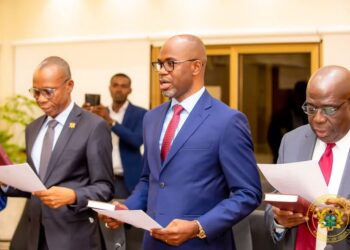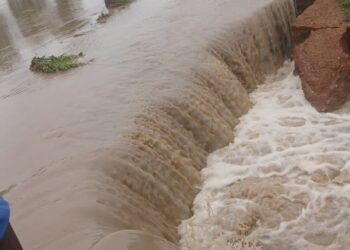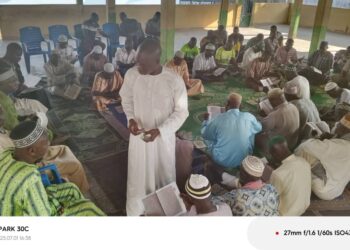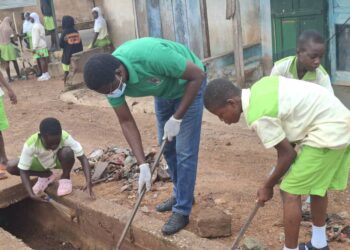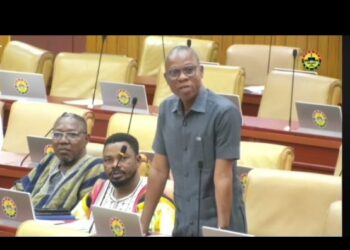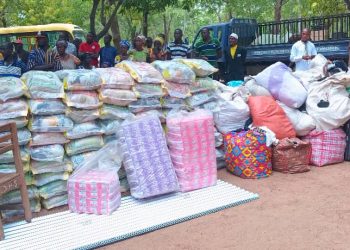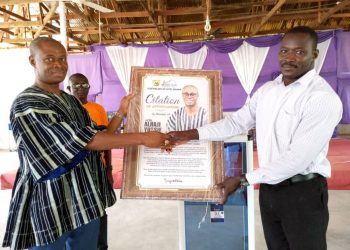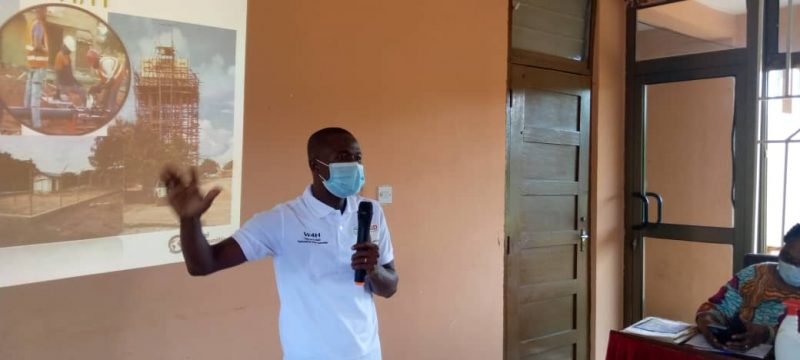
Water, Sanitation and Hygiene (WASH) Project, with support from the United States Agency for International Development (USAID), has seen 86 communities in the Bole District of the Savannah Region certified open defecation free (odf).
The project which was started in 2015 focused on inculcating hygienic lifestyles in communities with the sole objective of improving sanitation and wellbeing of the residents.
Residents were guided to follow a sanitation development roadmap laced with intensive education on good hygiene.
Through a collective effort, 86 communities were able to eradicate open defecation and adopted measures to enhance improve sanitation in their jurisdictions.

However, the attainment of open defecation free status has contributed to decrease in the cases of communicable diseases in the beneficiary communities.
“One important benefit derived from this project is that, the introduction of hand washing under running water with soap prevents many from diseases. It also helps to save money because people do not go to the hospital as they formally do,” the WASH for health project officer for the Bole District Mr. Jonathan Nanyim, illustrated.
The WASH for Health project officer,Mr Jonathan indicated his outfit has intensified its sensitization drive in the District in educating residents to own household latrines and adopt healthy lifestyles.

The WASH for Health Project with support from the United States Agency for International Development ( USAID), since its implementation in 2015 also saw the construction of over 2,153 household laterines serving 17,000 people, about 600 Natural Leaders identified and trained to facilitate Community Total Led Sanitation ( CLTS), activities in the District, 32 functional community boreholes with hand pumps provided to supply safe water residents, 15 public schools using improved institutional laterines and trained to exhibit proper hygiene behaviours, 7 Health Care Facilities provided with mechanised water systems to improve health care delivery in the District an ongoing small town water for Mandari township and institutions which is estimated to be 70%complete.
Mr Jonathan mentioned Seripe,Sakpa- Chogsia, Wabile, Sonyo- Gankaa and Mandari as communities that are yet to attain open defecation free status and mentioned lack of co-operation from the community members as a factor in obtaining open defecation free status.
He indicated that the project will come to a close by 30th September, 2021.

Hon. Veronica Alele Heming, the District Chief Executive lauded the USAID WASH for Health Project under Global Communities, for its continuous support in the provision of potable water and sanitary facilities for rural communities in the area.
She said the enormous contribution of the organisation in improving access to clean, safe drinking water and sanitation facilities in rural communities was much appreciated by the people.
The DCE, made these comments on August, 17, 2021, as the USAID WASH for Health Project at its close out meeting.
She stated that the project had over the years supported the people, especially those in rural communities and smaller towns not only in the provision of boreholes, but also in the management, maintenance and protection of clean and safe drinking water supply sources.
She however appealed to the officials of the project to extend such such humanitarian act to the District anytime a new project is obtained as the WASH for Health Project comes to a close by 30th September, 2021.
Source: yagbonradioonline

